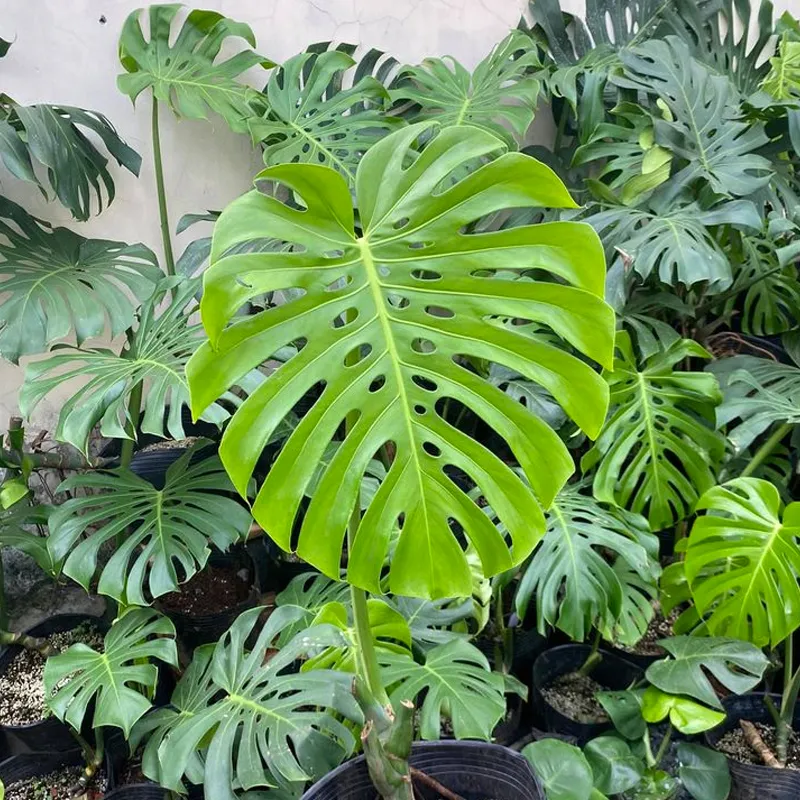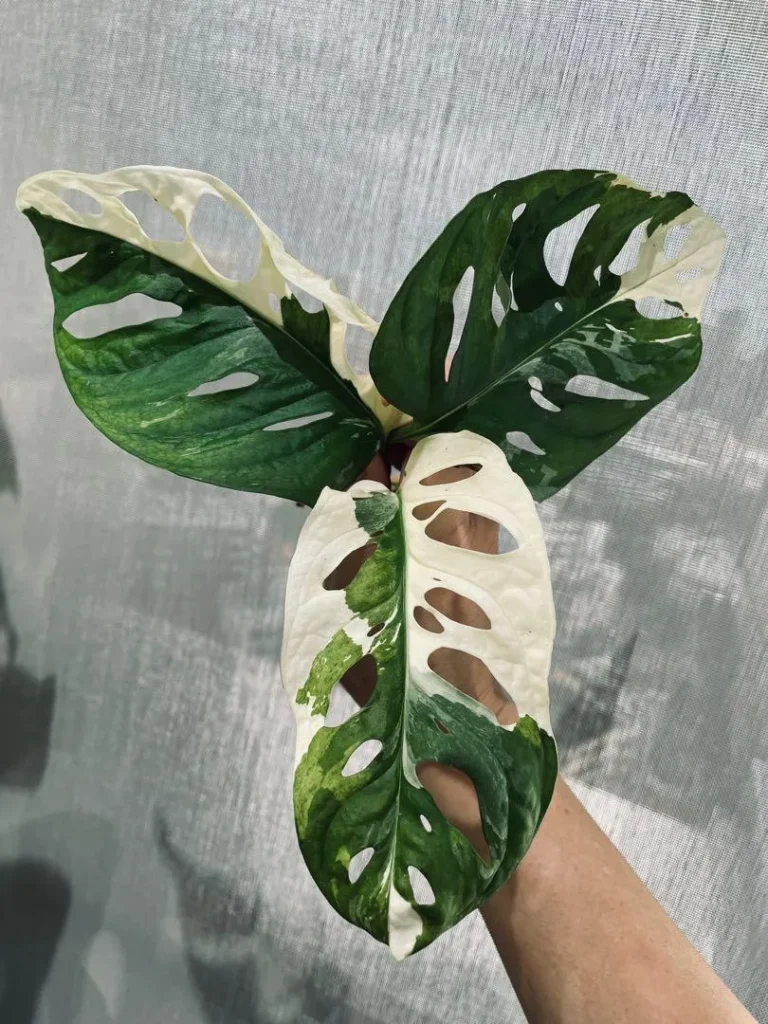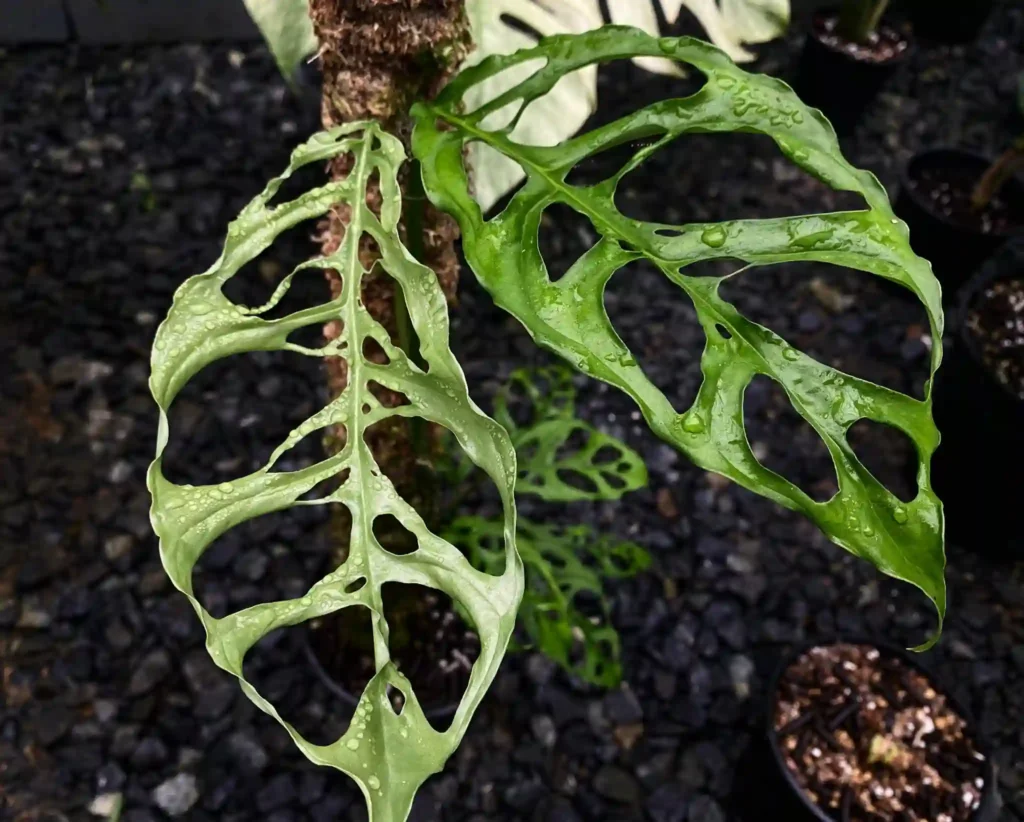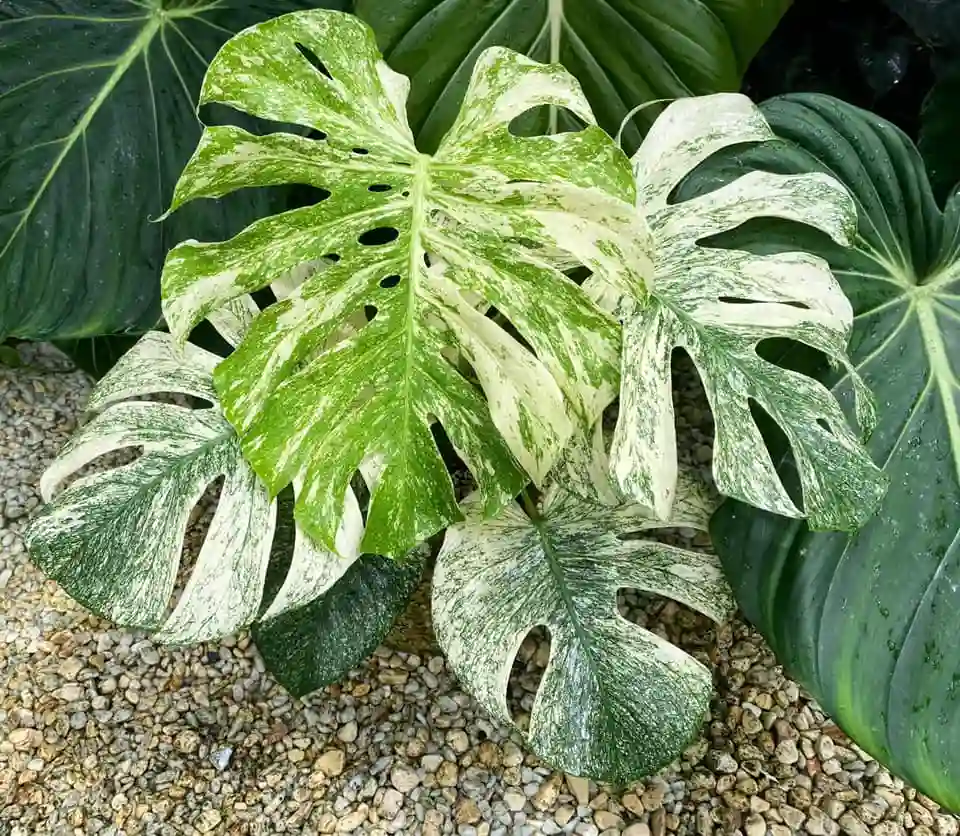
Top 100 Gift Ideas For Plant Lovers 2024
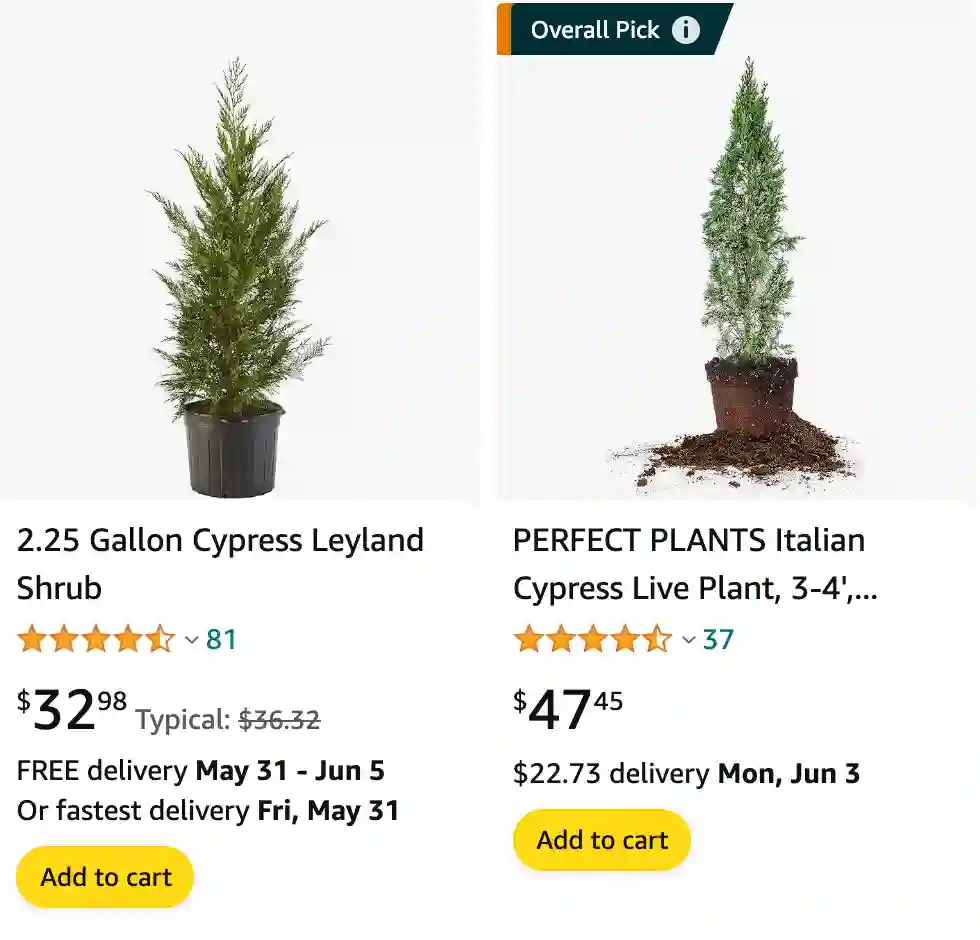
Cypress Trees – A Gardener’s Guide
Cypress trees are majestic conifers known for their tall, slender stature and feathery foliage. They come in a variety of shapes and sizes, making them a popular choice for landscaping. But with so many varieties and uses, it’s natural to have questions about these fascinating trees. As a fellow plant enthusiast, I’ve compiled this FAQ to answer some of the most common queries about cypress trees.
What Does Cypress Smell Like?
Cypress trees have a distinct, aromatic scent that many find pleasant. It’s often described as woody, with hints of lemon or citrus. This unique fragrance comes from the essential oils present in the leaves and branches. Some people find the smell invigorating, while others find it slightly musky.
What Color is Cypress?
The beauty of cypress trees lies in their evergreen foliage. Most varieties boast a rich green color that stays vibrant year-round. However, some species like the Leyland cypress have a more blue-green hue. As the trees mature, the foliage might transition from a soft, feathery green to a darker, more scale-like appearance.
Does Cypress Mulch Attract Termites?
Cypress mulch, made from shredded cypress wood, is a popular choice for landscaping due to its attractive reddish-brown color and slow decomposition rate. However, there’s a common concern about it attracting termites. While any wood product can potentially attract termites, cypress is naturally resistant to decay and pests thanks to the presence of cypress oil. In fact, some studies suggest cypress mulch might even repel termites due to the oil’s repellent properties.
Does Cypress Mulch Repel Bugs?
The same properties that make cypress wood resistant to decay might offer some level of insect deterrence. The cypress oil in the mulch can have a repellent effect on some common garden pests like slugs and snails. However, it’s important to note that the repellency is mild and may not work against all types of insects.
How to Pronounce Cypress?
Cypress is a relatively easy word to pronounce. The emphasis is on the first syllable, so it’s pronounced “CY-press,” with a short “i” sound.
How to Trim Cypress Trees?
Cypress trees are generally low-maintenance when it comes to pruning. However, if you want to maintain a specific shape or size, you can trim them lightly throughout the growing season. Avoid drastic cuts or shearing the entire tree, as this can damage its natural growth pattern. For best results, use sharp pruning shears and make clean cuts just above a bud or outward-facing branch.
Is Cypress Wood Expensive?
Cypress wood is known for its durability and rot-resistance, making it a valuable resource for construction and furniture making. Due to its high demand and slow growth rate, cypress wood can be more expensive than some other commercially available lumber options. However, its longevity and aesthetic appeal often justify the cost for specific projects.
Are Cypress Trees Toxic to Dogs?
While cypress trees are not considered highly toxic to dogs, some caution is advised. The leaves and branches contain small amounts of essential oils that can cause mild stomach upset or irritation if ingested in large quantities. If you suspect your dog has eaten a significant amount of cypress foliage, it’s best to consult a veterinarian.
Can You Cut the Top Off a Cypress Tree?
Cypress trees have a dominant central leader that dictates their upward growth. While it’s technically possible to cut the top off a cypress tree, it’s not generally recommended. Doing so can damage the tree’s natural growth pattern and potentially lead to disease or disfiguration. If you need to control the height of your cypress tree, consider alternative options like planting a dwarf variety or selectively pruning side branches to encourage a more compact shape.
How to Propagate Cypress Trees?
Propagating cypress trees can be done through two main methods: seeds or cuttings. Seed propagation takes longer and requires specific conditions for germination. Propagating from cuttings is a more reliable option for home gardeners. Select healthy, non-flowering shoots and take cuttings around 6-8 inches long. Remove the lower leaves and dip the cut end in rooting hormone before planting in a pot with a well-draining potting mix. Keep the soil moist and provide warmth and indirect sunlight for successful rooting.
Is Cypress Good Firewood?
Cypress wood can be a good firewood option due to its high burning density. This means it burns slowly and produces a good amount of heat. However, the cypress oil present in the wood can cause the fire to crackle and spit more than other types of firewood. Additionally, cypress trees are relatively slow-growing, so using them solely for firewood might not be the most sustainable option.
